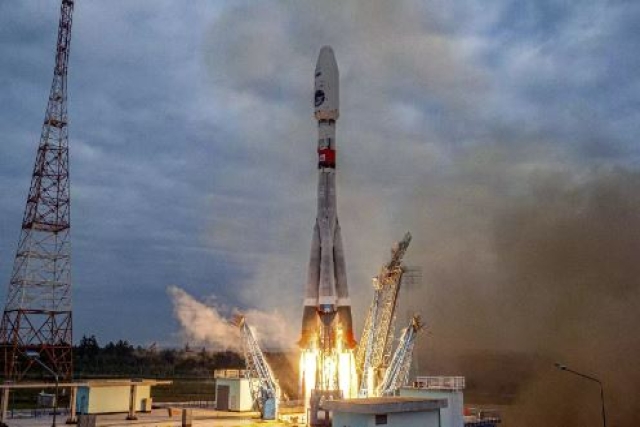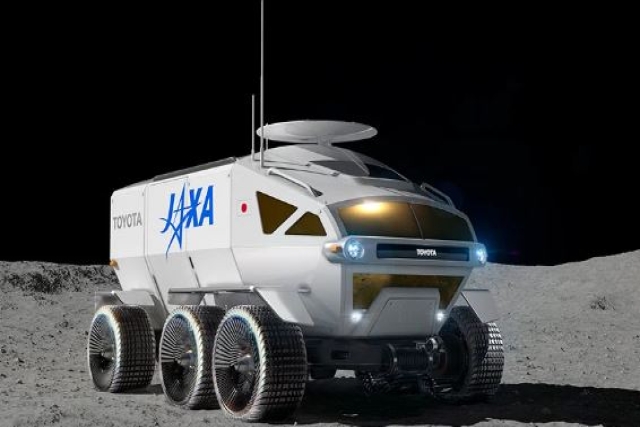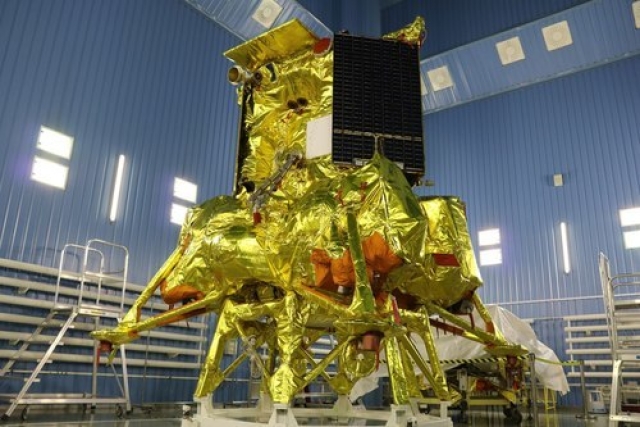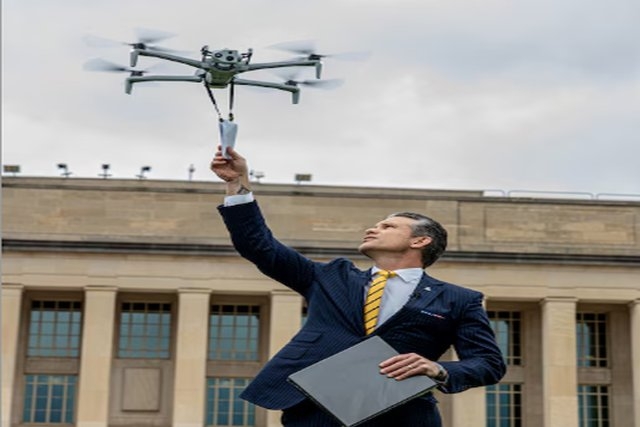Engine Malfunction Caused Crash of Russia's Luna Spacecraft on Moon's Surface

The Russian Luna-25 spacecraft's crash on the Moon's surface in August has been attributed to an engine malfunction due to the abnormal functioning of the on-board control complex.
The spacecraft, which marked Russia's first lunar mission in modern history, experienced a critical failure during its descent and ultimately collided with the lunar surface on August 19, 2023.
According to a statement from the Russian space agency Roscosmos, the preliminary investigation into the Luna-25 accident revealed that the primary cause of the crash was the abnormal functioning of the on-board control complex, specifically linked to the failure to activate the accelerometer unit, responsible for measuring acceleration.
"The most likely cause of the Luna-25 accident was the abnormal functioning of the on-board control complex associated with the failure to turn on the accelerometer unit (IF) in the BIUS-L device (angular velocity measuring unit) due to a possible hit in one array of data commands with different priorities for their execution by the device," stated the Roscosmos press service.
The distribution of commands in data arrays was described as "probabilistic" in nature, leading to a scenario where the onboard control complex received zero signals from the accelerometers of the BIUS-L device. This prevented the timely shutdown of the spacecraft's propulsion system, resulting in a collision with the lunar surface.
The Luna-25 mission, launched on August 11, 2023, from the Vostochny cosmodrome using a Soyuz-2.1b launch vehicle with a Fregat upper stage, aimed to achieve a soft landing at the South Pole of the Moon on August 21, 2023. However, the spacecraft was lost on August 19, when it encountered the lunar surface.
In a previous statement, Dmitry Borisov, the Deputy Director-General of Roscosmos, had noted that the primary cause of the Luna-25 station's crash was a failure during engine shutdown, which resulted in the engine operating for a longer duration than planned.
After the accident, Borisov also indicated that Russia was considering the possibility of repeating the mission to land an automatic station on the South Pole of the Moon in 2025-2026. He emphasized that Russia should not abandon its lunar program and outlined plans for future lunar missions, including Luna-26 in 2027, Luna-27 in 2028, and Luna-28 in 2030 or later.
The investigation into the Luna-25 accident is ongoing, with Roscosmos working to prevent similar incidents in future lunar missions and ensure the success of Russia's lunar exploration program.











